Technology →
→

- 09 Apr 2024
- Research & Ideas
When Climate Goals, Housing Policy, and Corporate R&D Collide, Social Good Can Emerge
Grants designed to improve housing can make homes more energy efficient and save money for low-income families, providing a powerful way to confront climate change, says research by Omar Asensio. What do the findings mean for companies trying to scale innovation?

- 26 Mar 2024
- Research & Ideas
How Humans Outshine AI in Adapting to Change
Could artificial intelligence systems eventually perform surgeries or fly planes? First, AI will have to learn to navigate shifting conditions as well as people do. Julian De Freitas and colleagues pit humans against machines in a video game to study AI's current limits and mine insights for the real world.

- 22 Mar 2024
- Research & Ideas
Open Source Software: The $9 Trillion Resource Companies Take for Granted
Many companies build their businesses on open source software, code that would cost firms $8.8 trillion to create from scratch if it weren't freely available. Research by Frank Nagle and colleagues puts a value on an economic necessity that will require investment to meet demand.
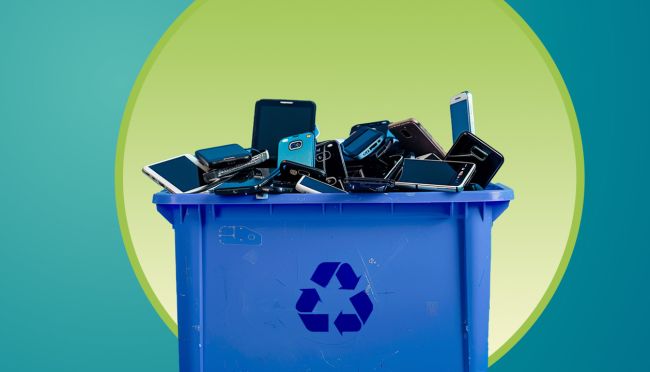
- 12 Mar 2024
- HBS Case
How Used Products Can Unlock New Markets: Lessons from Apple's Refurbished iPhones
The idea of reselling old smartphones might have seemed risky for a company known for high-end devices, but refurbished products have become a major profit stream for Apple and an environmental victory. George Serafeim examines Apple's circular model in a case study, and offers insights for other industries.

- 22 Feb 2024
- Research & Ideas
How to Make AI 'Forget' All the Private Data It Shouldn't Have
When companies use machine learning models, they may run the risk of inadvertently sharing sensitive and private data. Seth Neel explains why it’s important to understand how to wipe AI’s spongelike memory clean.
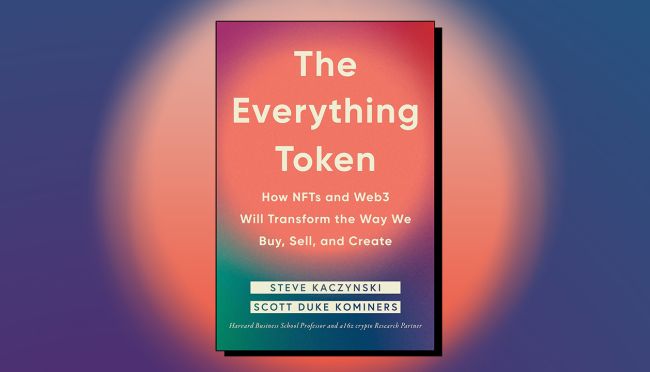
- 23 Jan 2024
- Book
More Than Memes: NFTs Could Be the Next Gen Deed for a Digital World
Non-fungible tokens might seem like a fad approach to selling memes, but the concept could help companies open new markets and build communities. Scott Duke Kominers and Steve Kaczynski go beyond the NFT hype in their book, The Everything Token.
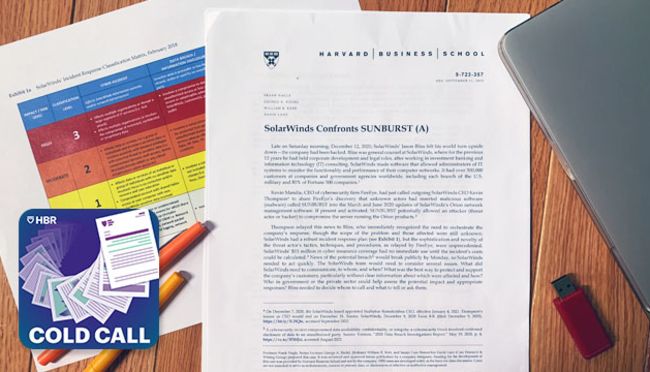
- 16 Jan 2024
- Cold Call Podcast
How SolarWinds Responded to the 2020 SUNBURST Cyberattack
In December of 2020, SolarWinds learned that they had fallen victim to hackers. Unknown actors had inserted malware called SUNBURST into a software update, potentially granting hackers access to thousands of its customers’ data, including government agencies across the globe and the US military. General Counsel Jason Bliss needed to orchestrate the company’s response without knowing how many of its 300,000 customers had been affected, or how severely. What’s more, the existing CEO was scheduled to step down and incoming CEO Sudhakar Ramakrishna had yet to come on board. Bliss needed to immediately communicate the company’s action plan with customers and the media. In this episode of Cold Call, Professor Frank Nagle discusses SolarWinds’ response to this supply chain attack in the case, “SolarWinds Confronts SUNBURST.”

- 09 Jan 2024
- In Practice
Harnessing AI: What Businesses Need to Know in ChatGPT’s Second Year
Companies across industries rushed to adopt ChatGPT last year, seeing its potential to streamline tasks formerly handled by people and vendors at much higher cost. As generative AI enters its next phase in 2024, what can leaders expect? Harvard Business School faculty members highlight four trends to watch.

- 05 Dec 2023
- Research & Ideas
Are Virtual Tours Still Worth It in Real Estate? Evidence from 75,000 Home Sales
Many real estate listings still feature videos and interactive tools that simulate the experience of walking through properties. But do they help homes sell faster? Research by Isamar Troncoso probes the post-pandemic value of virtual home tours.
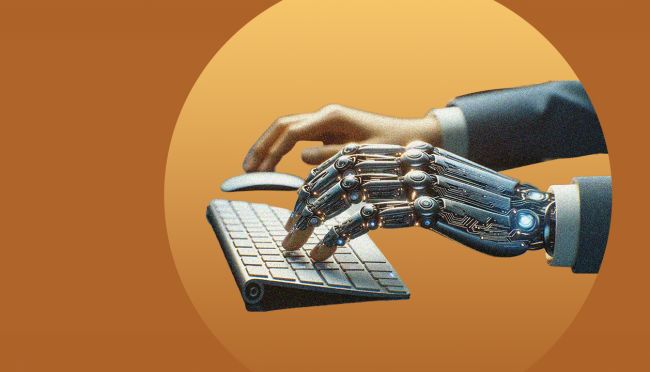
- 22 Nov 2023
- Research & Ideas
Humans vs. Machines: Untangling the Tasks AI Can (and Can't) Handle
Are you a centaur or a cyborg? A study of 750 consultants sheds new light on the strengths and limits of ChatGPT, and what it takes to operationalize generative AI. Research by Edward McFowland III, Karim Lakhani, Fabrizio Dell'Acqua, and colleagues.
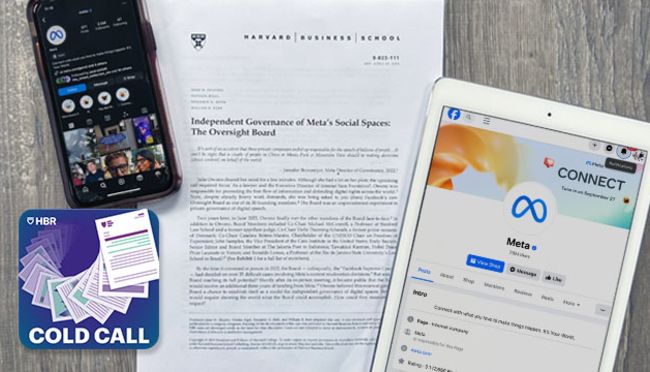
- 07 Nov 2023
- Cold Call Podcast
How Should Meta Be Governed for the Good of Society?
Julie Owono is executive director of Internet Sans Frontières and a member of the Oversight Board, an outside entity with the authority to make binding decisions on tricky moderation questions for Meta’s companies, including Facebook and Instagram. Harvard Business School visiting professor Jesse Shapiro and Owono break down how the Board governs Meta’s social and political power to ensure that it’s used responsibly, and discuss the Board’s impact, as an alternative to government regulation, in the case, “Independent Governance of Meta’s Social Spaces: The Oversight Board.”
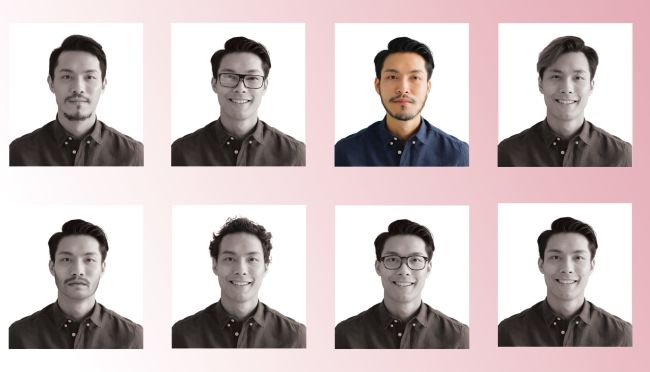
- 07 Nov 2023
- Research & Ideas
When Glasses Land the Gig: Employers Still Choose Workers Who 'Look the Part'
Is an eyeglass-wearer more likely to be a strong web developer? Employers that use online talent platforms tend to consider profile photos in final hiring decisions, says research by Isamar Troncoso. What's the role of recruiting platforms in preventing bias?
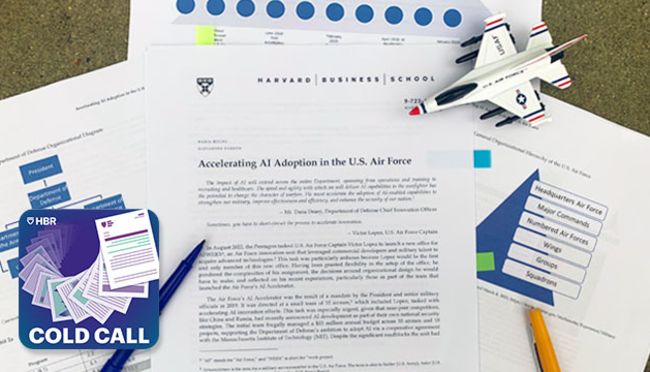
- 24 Oct 2023
- Cold Call Podcast
How the United States Air Force Accelerated AI Adoption
In August 2022, the Pentagon tasked U.S. Air Force Captain Victor Lopez with launching a new Air Force innovation unit that leveraged commercial developers and military talent to acquire advanced technologies. Having been granted flexibility in the setup of the office, Lopez pondered the complexities of his assignment and the decisions around organizational design he would have to make. It’s often believed that only small start-up organizations can innovate, but a lot of innovation happens in big organizations, including government. Harvard Business School assistant professor Maria Roche is joined by Major Lopez to discuss the challenges of digital transformation in a large bureaucratic organization and the specific choices the U.S. Air Force needed to make when launching its AI Accelerator in her case, "Accelerating AI Adoption in the United States Air Force."

- 26 Sep 2023
- Book
Digital Strategy: A Handbook for Managing a Moving Target
Digital strategy demands significant organizational energy at many companies. By the time teams have adapted to newly implemented technology, another platform has emerged to replace it. A book coedited by Feng Zhu offers a guide for executives trying to manage the chaos.

- 19 Sep 2023
- HBS Case
How Will the Tech Titans Behind ChatGPT, Bard, and LLaMA Make Money?
It seems like anything is possible with generative AI right now. But how will companies profit from those big ideas? Andy Wu breaks down the potentially painful tradeoffs that tech firms might face as artificial intelligence enters its next phase.

- 29 Aug 2023
- Cold Call Podcast
As Social Networks Get More Competitive, Which Ones Will Survive?
In early 2023, TikTok reached close to 1 billion users globally, placing it fourth behind the leading social networks: Facebook, YouTube, and Instagram. Meanwhile, competition in the market for videos had intensified. Can all four networks continue to attract audiences and creators? Felix Oberholzer-Gee discusses competition and imitation among social networks in his case “Hey, Insta & YouTube, Are You Watching TikTok?”

- 15 Aug 2023
- HBS Case
(Virtual) Reality Check: How Long Before We Live in the 'Metaverse'?
Generative AI has captured the collective imagination for the moment, eclipsing the once-hyped metaverse. However, it's not the end of virtual reality. A case study by Andy Wu and David Yoffie lays out the key challenges immersive 3D technology must overcome to be truly transformative.
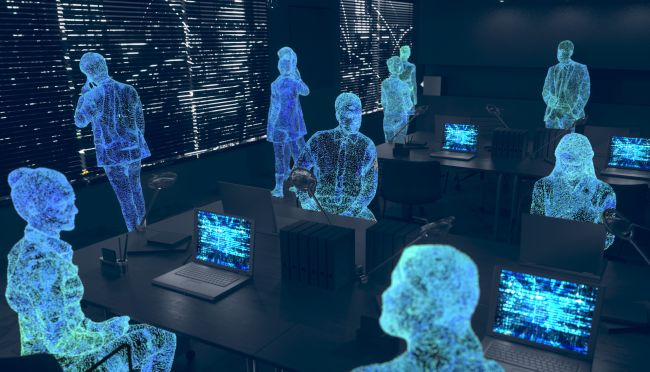
- 08 Aug 2023
- Research & Ideas
The Rise of Employee Analytics: Productivity Dream or Micromanagement Nightmare?
"People analytics"—using employee data to make management decisions—could soon transform the workplace and hiring, but implementation will be critical, says Jeffrey Polzer. After all, do managers really need to know about employees' every keystroke?

- 26 Jul 2023
- Research & Ideas
STEM Needs More Women. Recruiters Often Keep Them Out
Tech companies and programs turn to recruiters to find top-notch candidates, but gender bias can creep in long before women even apply, according to research by Jacqueline Ng Lane and colleagues. She highlights several tactics to make the process more equitable.

Amazon in Seattle: The Role of Business in Causing and Solving a Housing Crisis
In 2020, Amazon partnered with a nonprofit called Mary’s Place and used some of its own resources to build a shelter for women and families experiencing homelessness on its campus in Seattle. Yet critics argued that Amazon’s apparent charity was misplaced and that the company was actually making the problem worse. Paul Healy and Debora Spar explore the role business plays in addressing unhoused communities in the case “Hitting Home: Amazon and Mary’s Place.”